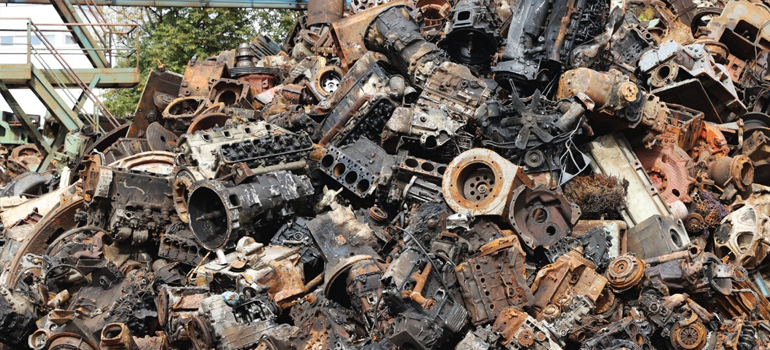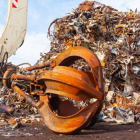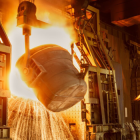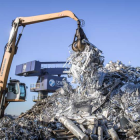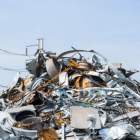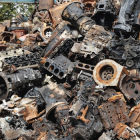Scrap metal recycling can be a rewarding and environmentally conscious activity, but it’s not without its risks. Whether you’re collecting scrap from your home, business, or a construction site, there are several hidden dangers associated with handling and recycling scrap metal. In this blog, we’ll explore some of the hazards you should be aware of before diving into the world of scrap metal recycling. By taking the right precautions, you can ensure that your recycling efforts are both safe and successful.
Sharp Edges and Cuts
One of the most immediate dangers of scrap metal is the risk of cuts and injuries from sharp edges. Old metal appliances, discarded car parts, or construction materials can all have jagged edges that are easy to overlook.
-
- Safety Tip: Always wear thick gloves to protect your hands when handling scrap metal. A long-sleeve shirt and pants can also help minimize the risk of cuts.
Heavy Lifting and Strain
Some scrap metal, like old appliances, machinery, and vehicle parts, can be extremely heavy. Lifting or transporting large scrap items without proper equipment can lead to back injuries or muscle strain.
-
- Safety Tip: Use lifting equipment like dollies, forklifts, or trucks to handle large or heavy pieces. Always lift with your legs, not your back, and ask for help when necessary.
Hazardous Materials in Scrap Metal
Certain types of scrap metal, such as old electronic equipment, may contain hazardous materials like mercury, lead, or asbestos. These materials can pose serious health risks if they’re not handled properly.
-
- Safety Tip: Be cautious when recycling old electronics, light bulbs, or batteries. Check with local recycling centers to see if they have specific guidelines for safely handling these items.
Electric Shock Risk
Scrap metal from old appliances or vehicles may still contain electrical wiring or components that can carry a charge, posing a risk of electric shock.
-
- Safety Tip: Always disconnect power sources before handling any electrical equipment or wiring. If you’re unsure whether something is still live, don’t take risks—seek professional help.
The Risk of Fire
Some scrap metals, especially those from car engines or industrial equipment, may have flammable oils or chemicals. Cutting, grinding, or welding metal without proper precautions can lead to fire hazards.
-
- Safety Tip: When cutting or welding metal, always wear fire-resistant clothing and ensure you’re working in a well-ventilated area with proper fire extinguishing equipment nearby.
Environmental Concerns with Improper Disposal
If scrap metal is improperly disposed of or not recycled properly, it can have a negative impact on the environment. For instance, metal waste can contaminate soil or water if left untreated.
-
- Safety Tip: Always ensure that scrap metal is recycled at certified facilities. They will know how to properly handle hazardous materials and ensure the metal is processed responsibly.
Conclusion:
While recycling scrap metal is an excellent way to contribute to sustainability, it’s important to be aware of the potential hazards. By taking the proper safety precautions, handling scrap with care, and following environmental guidelines, you can enjoy the benefits of scrap metal recycling without putting yourself or the planet at risk.

